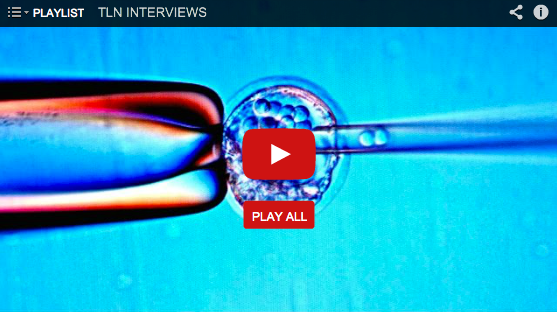We received this message from Debra Deuble yesterday. Debra gave us the ok to share it with everyone.
“I am a stem cell recipient from your clinic in Panama! I am grateful every day that I had this done. It has been over a year and I have not been on any medications and I feel great! I am riding my bike 10 miles a day, swimming, walking…all virtually PAIN FREE! I feel like I have had the fountain of youth! I was diagnosed with severe Rheumatoid Arthritis. I was 37 when I had symptoms and 46 when diagnosed. Was on meds for 7 years and nothing helped. So glad I found your website in my search for a cure!!”

